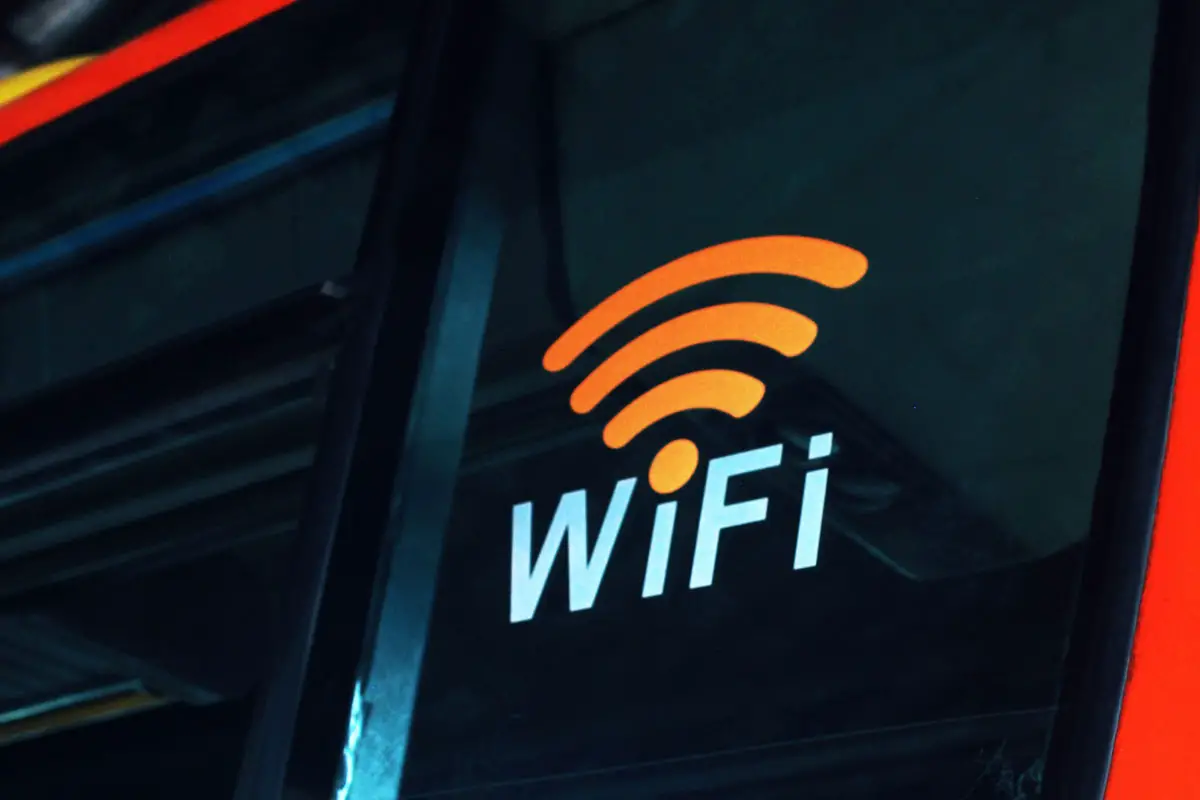What Speed of Internet Do You Really Need?

With technology, we all have a desire to own the newest and fastest thing. This is a natural compulsion, but it’s also one that can cost us. There are times when spending more money on tech won’t reward you with an improved experience, and rarely is this as true as it is in the world of online connectivity.
Taking a look at some of the common pitfalls and confusing elements of internet connectivity and speeds, we want to explore what you really need. Are you better off indulging in ultra-fast gigabit speeds, or is something slower actually a superior choice? The answers aren’t as obvious as they first seem.
Know Your Usage Patterns
The ultimate decider of what speed you need for your home depends on two things. These are how many people use your home network, and what these people use your network for. For a start, each person using a network will multiply your internet speed requirements. You can think of each use being additive towards a total bandwidth cost, and once you exceed that cost your experience will suffer.
As for use, there are many common activities that barely use any bandwidth at all. A typical use case might be exploring the best site for slots, browsing general information, and claiming bonuses from sites like Stake and Flush. From here to going on the website on mobile or desktop to play, bandwidth costs per user will almost always remain below 10 Mbps.
On the other hand, ultra-high-definition streaming can cost around or over 25 Mbps. In this case, multiple users using platforms like YouTube and Netflix will quickly add up total bandwidth requirements. That said, given current bandwidth speeds, most households won’t come close to reaching their bandwidth limit.
Overkill and Cost Savings
The modern standard for fast home internet speeds is 1 Gbps, or 1,000 Mbps. With such speeds, it would take around 40 simultaneous users streaming ultra-high-definition content to hit the bandwidth cap. You can see where this might illustrate an issue, since such an event is extremely unlikely, even with the future of more demanding software.
With all this information, you’ll be in a better place to choose the speed that’s the right fit for you. Gigabit might be tempting, but for most users, a more humble and much cheaper 200 Mbps could be a better call.
To Keep in Mind
Before we go, it’s also worth understanding that many ISPs won’t tell you about changes in plans or costs. Many older plans will become cheaper over time, but existing users are often not informed of such changes. To combat this, check your monthly cost against current prices from your ISP, or other ISPs, and switch plans if necessary.
We also recommend considering the advantages of a better router or range extender if you use a lot of wireless and notice a spotting connection. Walls and floors cause big problems with Wi-Fi signals, and range extenders can eliminate this problem.
With all that in mind, you’re ready for another look at your network in Yorkshire. We know it can be a pain to make a change but get started, and you could save real money and receive an even better online experience.










